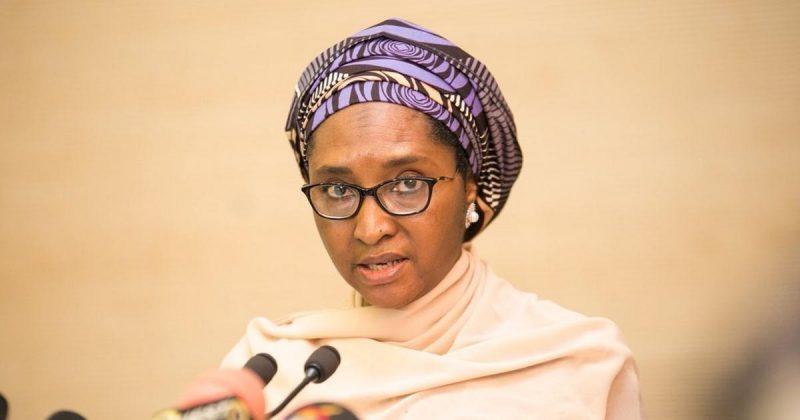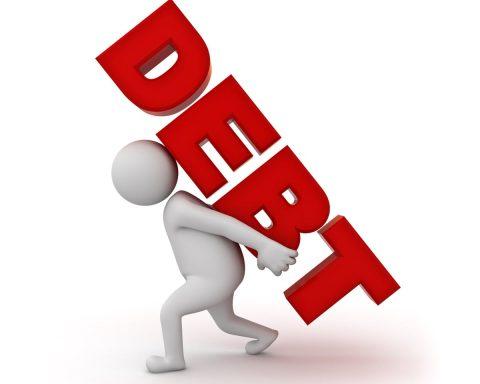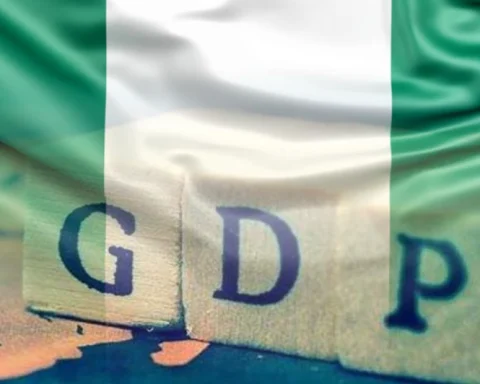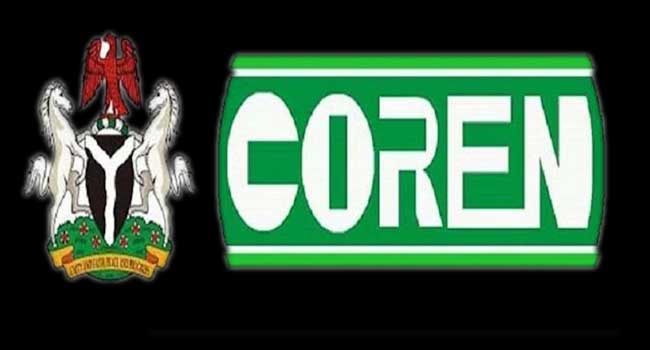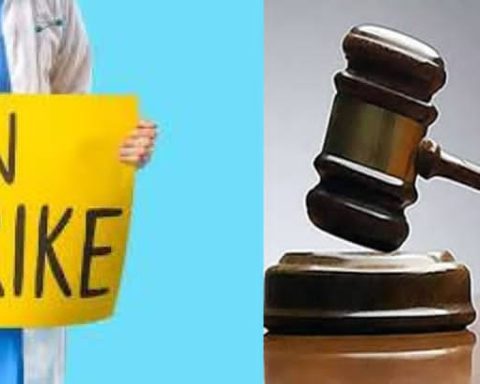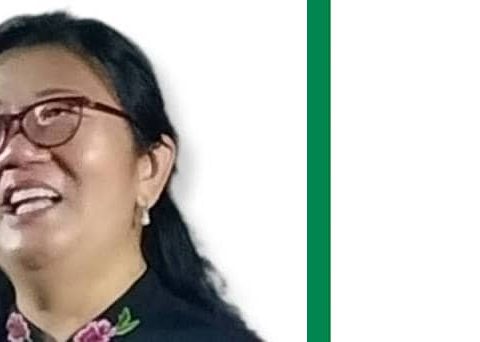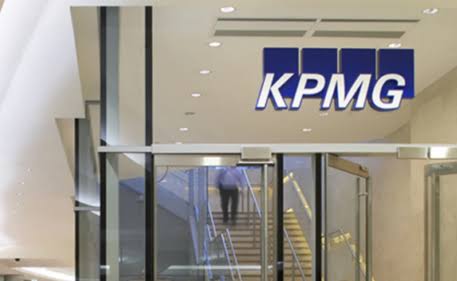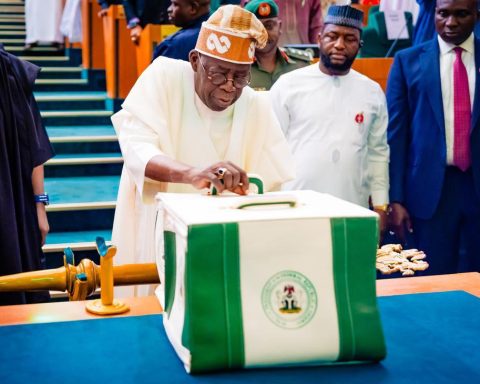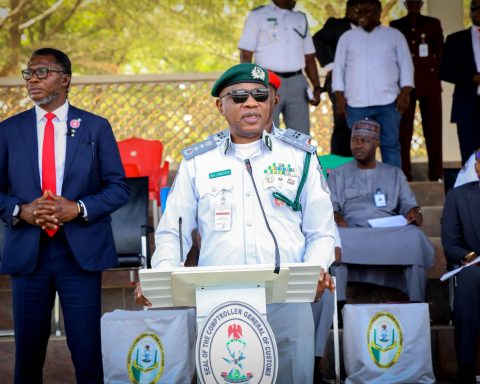Minister of Finance, Budget and National Planning, Zainab Ahmed, has claimed that Nigeria’s debt to GDP ratio is still low at 33 per cent
Ahmed made this claim during an interview on Channels Television where she explained that the federal governments borrowing is accurately planned to boost growth and development of the economy.
According to her, “ We have made sure that we have a debt management strategy and a medium-term debt management strategy. So, this borrowing is not being done by just a fiat as it is capsuled in a plan. We are guided by the fiscal responsibility that sets the limit of how much you can borrow at any particular time.
Join our WhatsApp Channel“We have also structured the borrowing to make sure we have a good balance between domestic borrowing as well as external financial borrowing.
READ ALSO: Access Bank Unveils 6th AccessX Experience Centre In Lagos, Others
“So truly, in 2020 because of a COVID-19 crisis, we ended up borrowing more than we had planned, because we have to change all our plans to be able to accommodate revenue crash remember, so we have to change our plans to be able to borrow more to contain the pandemic.
“Because if the pandemic was not contained in Nigeria will have been in a very in a much bigger problem, then the type of recession that we went into.
“So the borrowing we are doing now is to make sure we are improving critical infrastructure unnecessary for the sustained growth of this economy if we don’t do these investments now, our country will not develop and grow.”
“We are careful of how we borrow and I keep saying and I’ve said it and I’m saying it again today that the debt levels in Nigeria are not high.
“If you consider the size of the Nigerian economy, we have a debt to GDP ratio now that is at 33 per cent. Some of the countries in Africa that you’re you can compare us with how as much as 70 per cent of debt.”
She reiterated that the federal government is doing its best to increase revenue avenues through tax incentives and create an enabling environment for businesses to thrive.
She said: “The problem we have a revenue problem. And that is all we’re doing, at least in the midst of finance, Budget, and National Planning, and at least in the Federal Executive Council, is concentrate on increasing revenue and providing a space for businesses to be able to work better so that they can produce better and pay more, more taxes.”


